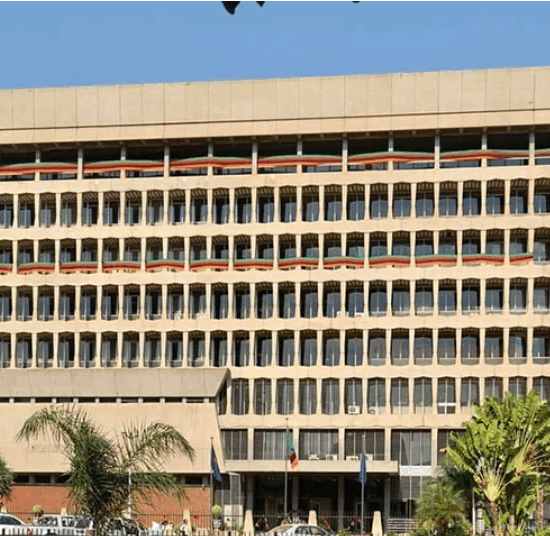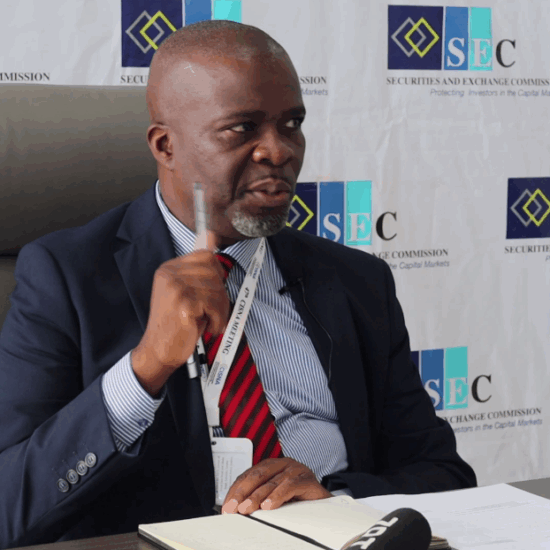
Former Economic Association of Zambia – EAZ President Lubinda Haabazoka has observed that “People don’t have money and that’s why inflation is slowing”.
Haabazoka stated that because people don’t have money, “people can’t import goods that’s why the exchange rate is strong and so where there is no money there is reduced consumption which means companies that produce goods and services have no business. That can lead to lack of employment, people won’t be employed because there is no demand for goods and services being produced”, he said.
The economist said “payments are taking time; they are dragging, so there is no efficiency for what is happening, people should be paid promptly because those are businesses. He also called for companies to find ways to move away from supplying government so that there is no or limited dependency on government for business”.
He stated that one of the reasons why the economy has continued to experience low liquidity were most people are saying there is “no money in circulation” is because many suppliers of government goods and services remain unpaid.
Haabazoka explained that nonpayment of money owed to suppliers has resulted in reduced economic activities and the trickle-down effect is that employees remain unpaid and there is reduced consumption of goods, which means companies that produce goods have also been affected, as there is no business.
Speaking in an exclusive interview with the Zambian Business Times-ZBT, Haabazoka welcomed governments’ release of K368.8 million in May 2022, which was channeled towards dismantling liabilities or arrears for goods and services previously supplied to government.
He however noted that what was released towards the payment of suppliers is minimal compared to the billions of kwacha that the suppliers are owed therefore government should speed up the process of dismantling the arrears owed to suppliers so that the economy can start running.







